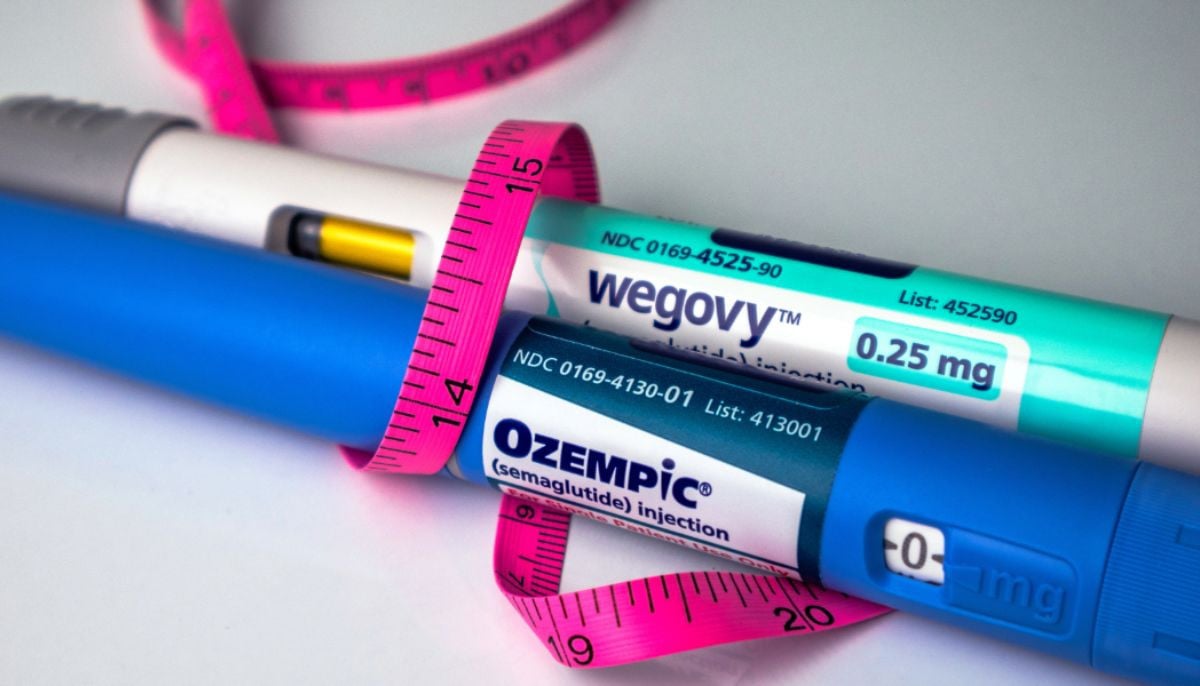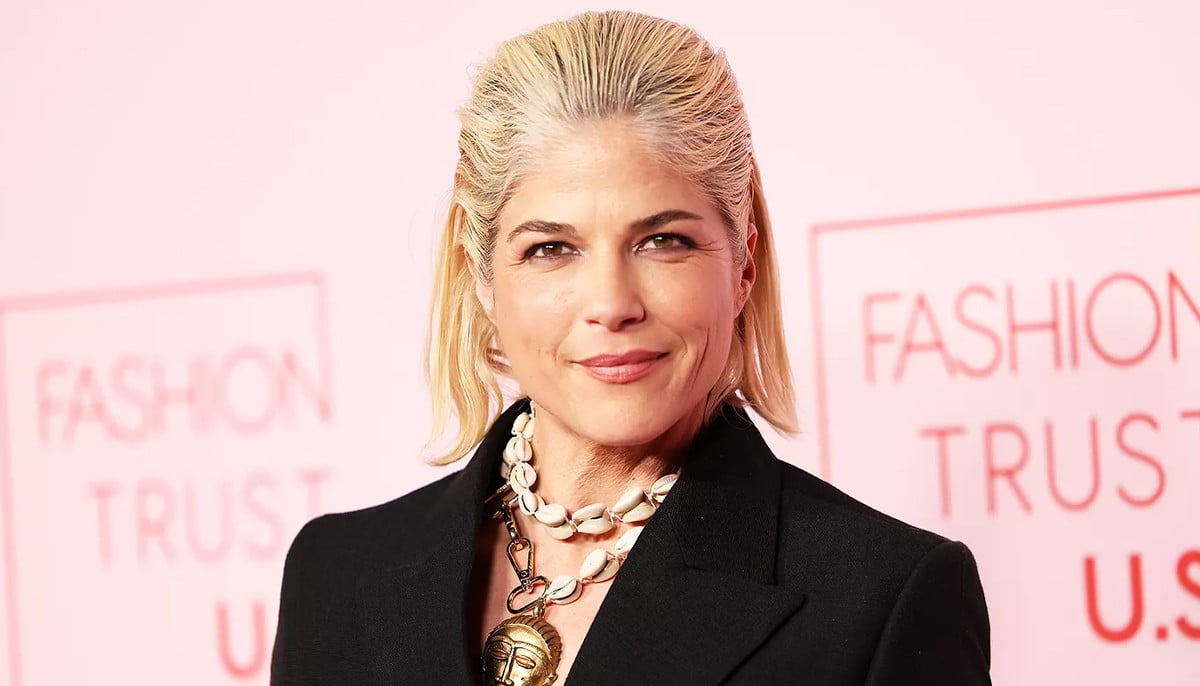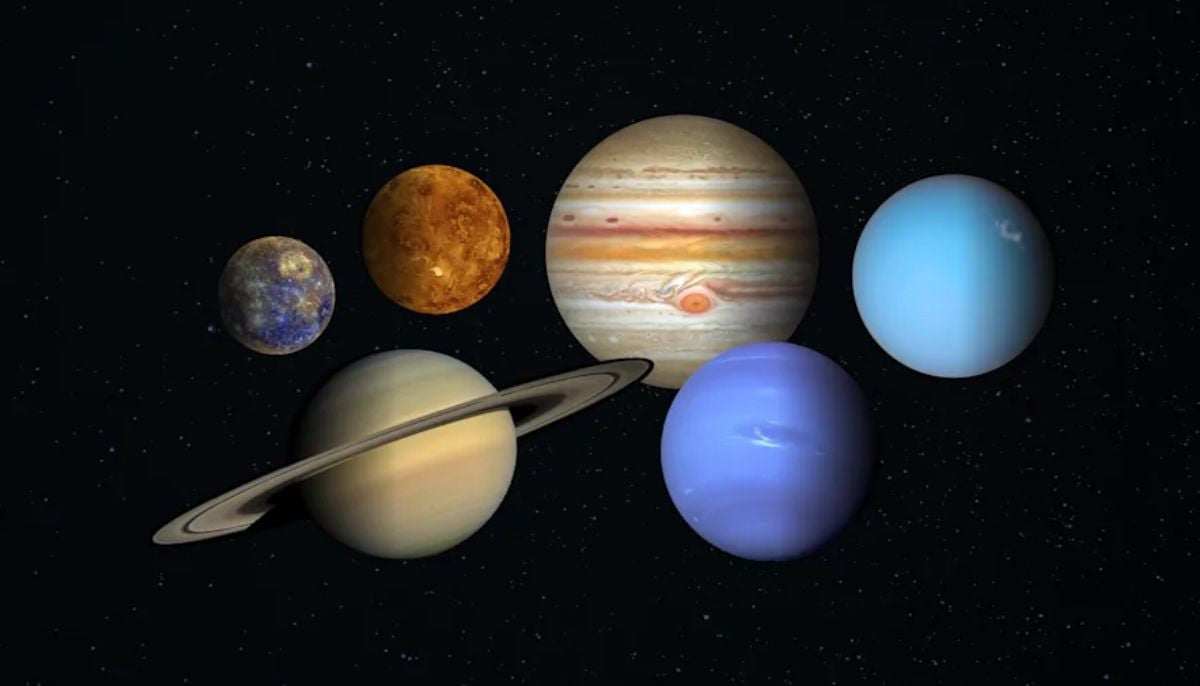Mental health warning: TikTok promotes harmful content every 39 seconds, study finds
Molly Russell, 14, died by suicide in September 2022 as a result of Instagram posts which has increased worry about the impact of social media on teenagers' mental health issues
According to a recent study, TikTok exposes teenagers to hazardous content about eating disorders and self-harm every 39 seconds.
Information regarding eating disorders, self-harm, and sexual assault are among the damaging content, according to a report by the Center for Countering Digital Hate (CCDH).
By creating brand-new accounts for 13-year-olds in the US, UK, Australia, and Canada, the CCDH researchers examined TikTok's algorithm. The nickname of one of these accounts depicts a person who is self-conscious about their appearance.
For the first 30 minutes of the trial, the researchers recorded and liked any videos about eating disorders, mental health issues, or body image that were recommended by the app's algorithm on the "For You" stream. The frequency with which body image, mental health, self-harm, and eating disorders were mentioned in the recordings was then observed.
In order to obtain more precise results, the CCDH study created "standard teen" and "vulnerable teen" profiles. Research from the tech reform organisation Reset served as the foundation for the "Vulnerable Teen Accounts" used in the study.
According to this study, teenage Instagram users who support eating disorders frequently select handles that contain phrases like "anorexia" or other related terms. Due to their need to find material that supports their preconceived notions on the topic, teens with eating disorders are more likely to come across eating disorder-related content on social media.
Similarly, there is proof that users who are likely to be impacted by content regarding depression, self-harm, and suicide will pick usernames containing phrases associated with these issues.
According to the study, TikTok broadcasts content related to teen body image and mental health every 39 seconds. Within minutes of scrolling through the TikTok app's "For You" feed, new accounts in the research received recommendations for self-harm and eating disorder content.
The study also demonstrated that TikTok targeted vulnerable kids with dangerous content that is more detrimental than it is for other teens. Vulnerable kids were exposed to three times as many dangerous videos and twelve times as many films encouraging self-harm than average teen accounts.
TikTok has experienced the fastest growth among social media platforms since its 2017 introduction, growing to a billion users. The app is now used by two-thirds of American teenagers, and a typical American viewer watches 80 minutes of TikTok videos every day.
In young women and girls between the ages of 15 and 24, eating disorders have steadily increased over the past 50 years, according to an ongoing study reported by Health News.
In the United States, suicide is currently the second greatest cause of mortality for those between the ages of 15 and 24. A British court's finding that Molly Russell, 14, died by suicide in September 2022 as a result of Instagram posts, has increased worry about the impact of social media on teens' mental health issues.
According to the CCDH, TikTok has a duty to provide a safer service for teens, particularly the most vulnerable.
-
Jada Pinkett Smith details how her memoir combats 'shame' around alopecia
-
SpaceX launches 25 Starlink Satellites on its Falcon 9 booster from the West Coast
-
New observatory sends 800,000 asteroid alerts in one night
-
Billy Joel admits cancelling of tour due to brain disorder 'sounds a lot worse' than it is
-
Planetary parade 2026: Here's how to see six planets aligning today
-
Chester Bennington’s mental health story and lasting legacy
-
Yerin Ha opens up about shocking diagnosis post ‘Bridgerton’ season 4
-
NASA announces new Artemis moon mission aimed at expanding astronauts’ exploration efforts












